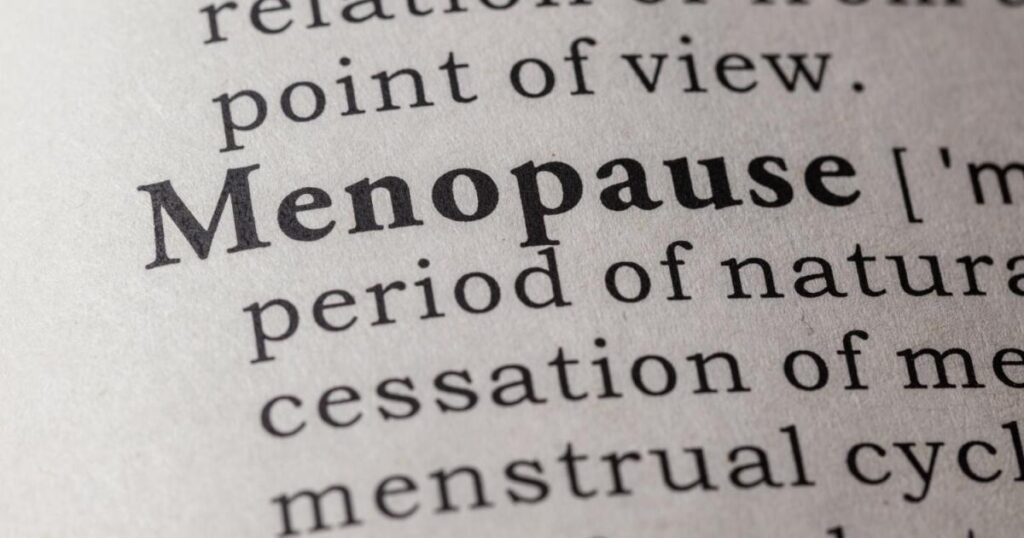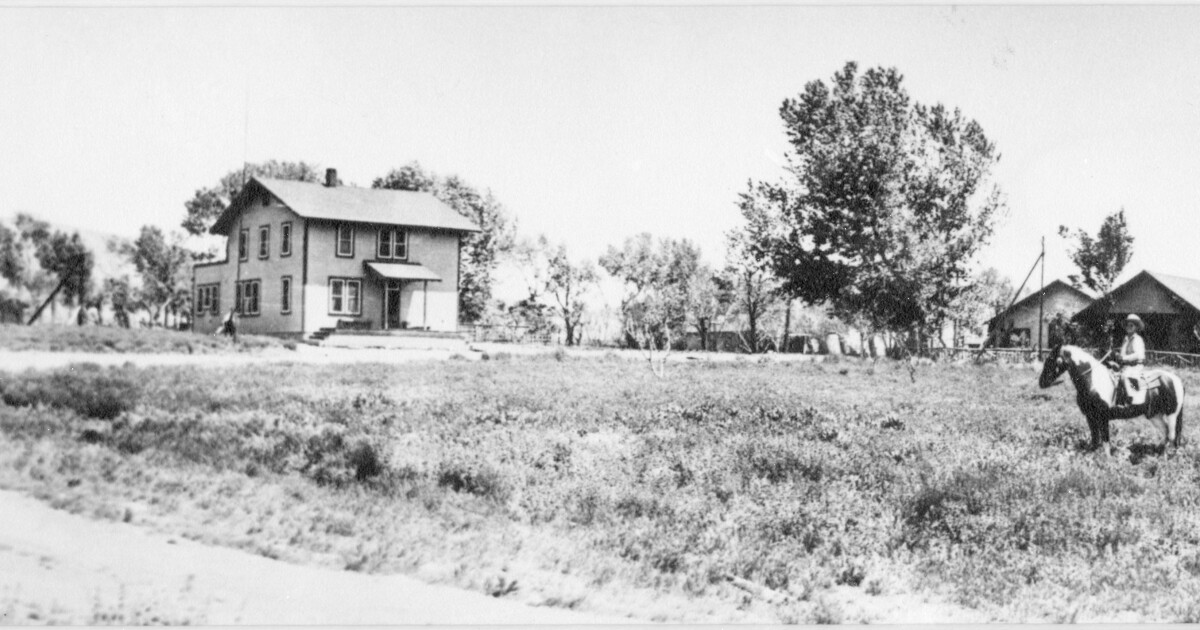Understanding Weight Gain Challenges During Menopause
As women approach menopause, many experience a range of symptoms that can disrupt daily life. Among the most common and frustrating is weight gain, a topic discussed by Dr. Shawn Stevenson, chief of foregut and bariatric surgery at Dignity Health.
The period known as perimenopause, which spans seven to ten years before menopause, often brings about unexpected weight changes. Dr. Stevenson explains that these changes are largely due to hormonal fluctuations, particularly the decline in estrogen and progesterone levels. “It’s due to hormonal changes, which result in decreased estrogen and progesterone. And when that happens, you have a decrease in your metabolic rate,” he notes.
Despite maintaining consistent eating habits and exercise routines, many women find themselves gaining weight during this time. However, Dr. Stevenson suggests several non-surgical strategies to manage this issue effectively.
He emphasizes the importance of diet, exercise, and portion control, advising a reduction in carbohydrate intake. While medications like Ozempic have gained popularity, Stevenson cautions they are not a sustainable solution and may lead to a loss of lean muscle.
Regular physical activity is crucial, and Dr. Stevenson advises starting as early as possible. “And the time to start is now. Like I said, it will blunt your effects if you have a higher exercise tolerance going into those times and more lean muscle, it will disengage some of that weight gain that you would otherwise see. So the sooner you can start doing it, I mean estrogen is decreasing all through perimenopause,” Stevenson states.
In addition to aerobic activities, he recommends incorporating weight or resistance training into the routine and increasing protein intake to support muscle maintenance and growth.
For more information on health and wellness during aging, visit AARP Arizona.
—
Read More Arizona News










